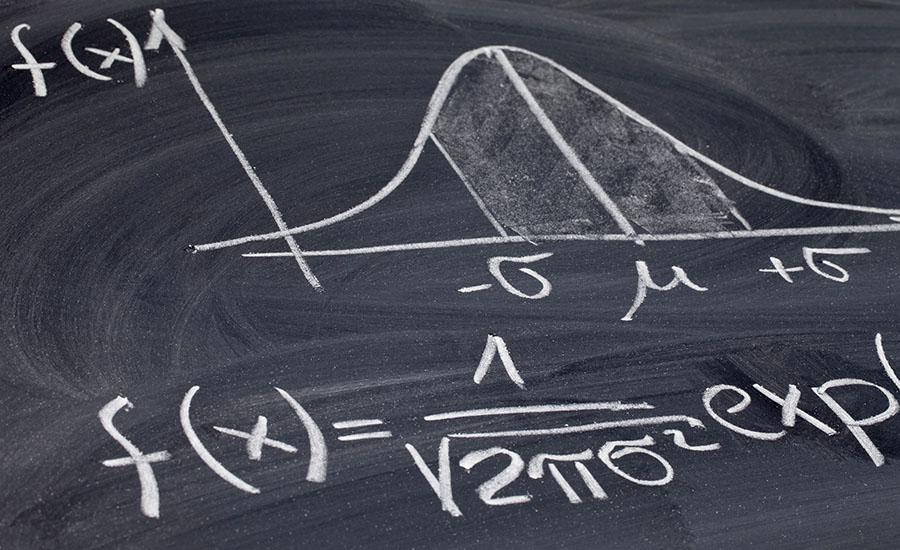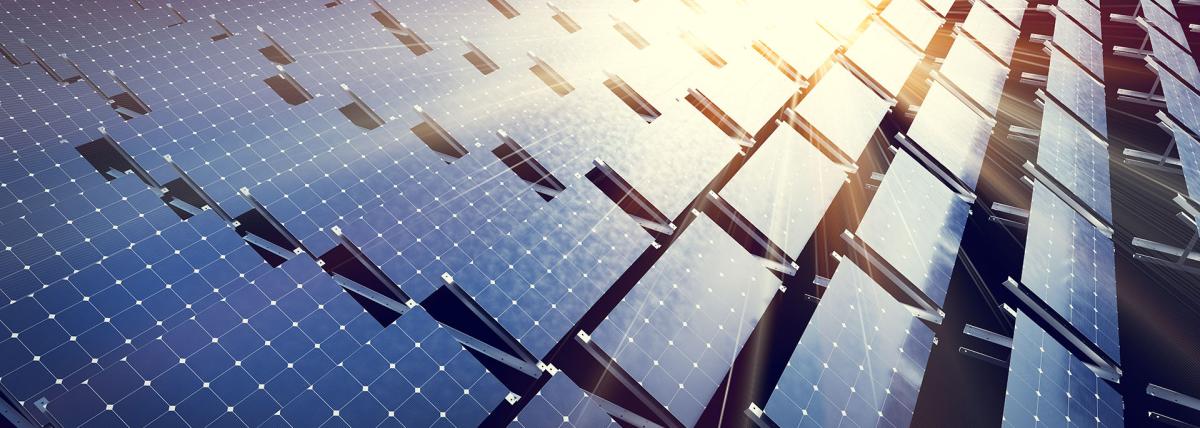
Roller Coaster- Conservation of Total Mechanical Energy
by Kenn Patrick Bulaso
This lesson will provide students with hands-on experience to design a roller coaster that will demonstrate transformation and conservation of mechanical energy. Students will learn the concept of gravitational potential energy, kinetic energy, and friction through an engaging activity of building a roller coaster. This will hone students thinking and collaboration skill as they will be given opportunities to modify and communicate their work. Furthermore, students will be exposed to collecting data such as measuring mass, distance, time, velocity and the like.
Lesson Plan Link/URL
https://docs.google.com/presentation/d/1Ot1UblY48VIsCQwjAKa2Pd9vrOXqKxox/edit?u…Subject Area
Science Physical Science P4: Energy Transfer Engineering S2: Apply the Engineering Design Process S3: Apply Mathematics to Engineering S4: Apply Science to Engineering Mathematics Measurement and Data (MD) The Number System (NS) English Language Arts (ELA) Reading (Informational Text) Writing Speaking & Listening
Featured
Off
Related Content

Grades:
6th Grade, 7th Grade, 8th Grade
Students will design and create a working, themed pinball machine that follows specified constraints and utilizes Makerspace materials. As students design they will be studying social studies, math

Grades:
6th Grade
Students will be thinking like engineers as they design their marble roller coasters using the principles of kinetic and potential energy.

Grades:
6th Grade, 7th Grade, 8th Grade, 9th Grade, 10th Grade, 11th Grade, 12th Grade
Are your students fans of Formula 1? If they are or aren't this lesson will take a look into the dominance of Red Bull Racing in Formula 1. Why is Red Bull so dominant? Is it the driver or the